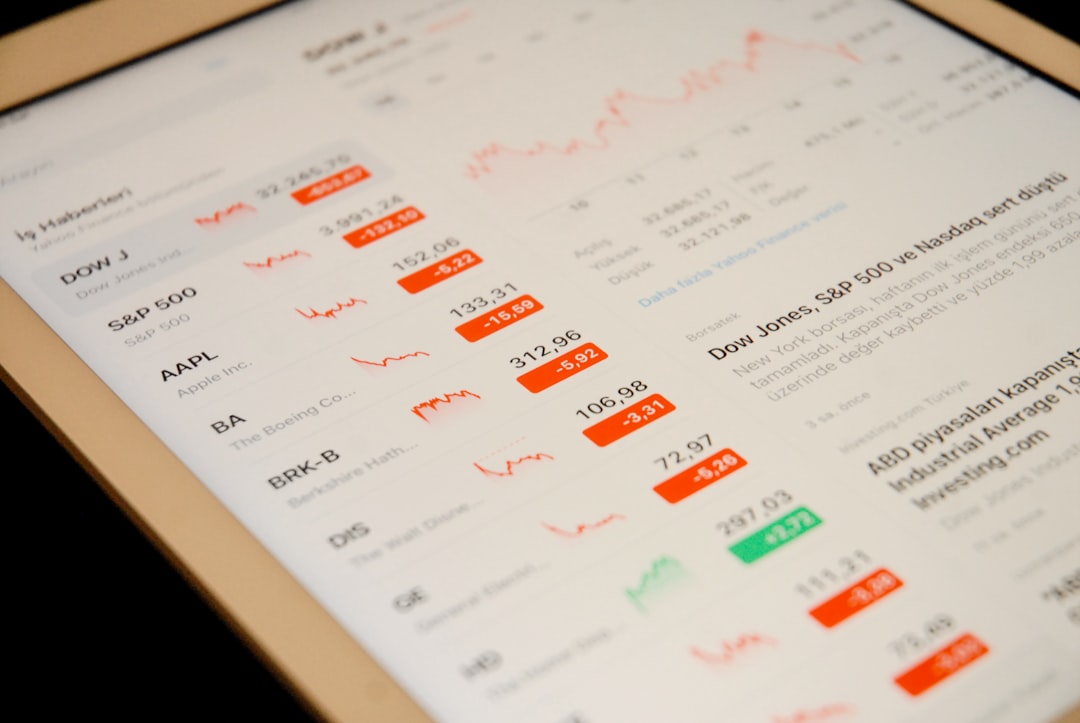
Futures are trading lower as investors grapple with escalating tensions in the Middle East and anticipate the implications of key political debates. Here’s a detailed overview of the factors affecting the markets:
Middle East Violence Impact
Recent violence in the Middle East has heightened geopolitical risks, leading to increased market volatility. Concerns about potential disruptions to oil supply and broader economic implications are weighing heavily on investor sentiment. Analysts suggest that sustained tensions could impact energy prices, contributing to uncertainty in global markets.
Political Landscape and Debates
The upcoming Vance-Walz debate is another focal point for market participants. With critical issues at stake, investors are closely watching how the outcomes may influence economic policy and regulatory environments. Any significant shifts in political direction could have far-reaching effects on various sectors, particularly in energy and defense.
Market Reactions
Investor Caution: As tensions rise, investors are adopting a cautious approach, leading to a decline in futures across major indices. The S&P 500 and Dow Jones Industrial Average are both showing signs of weakness.
Sector Performance: Energy stocks may experience heightened volatility as traders respond to geopolitical developments. Conversely, defensive sectors, such as utilities and consumer staples, are likely to see increased interest as investors seek stability.
Looking Ahead
Market analysts recommend staying informed about ongoing geopolitical developments and the results of the Vance-Walz debate. As the situation evolves, it’s crucial for investors to adjust their strategies accordingly. Keeping an eye on economic indicators and market trends will be essential in navigating this period of uncertainty.
For real-time updates and in-depth market analysis, refer to the Full Financials API from Financial Modeling Prep, which provides valuable insights for making informed investment decisions.

